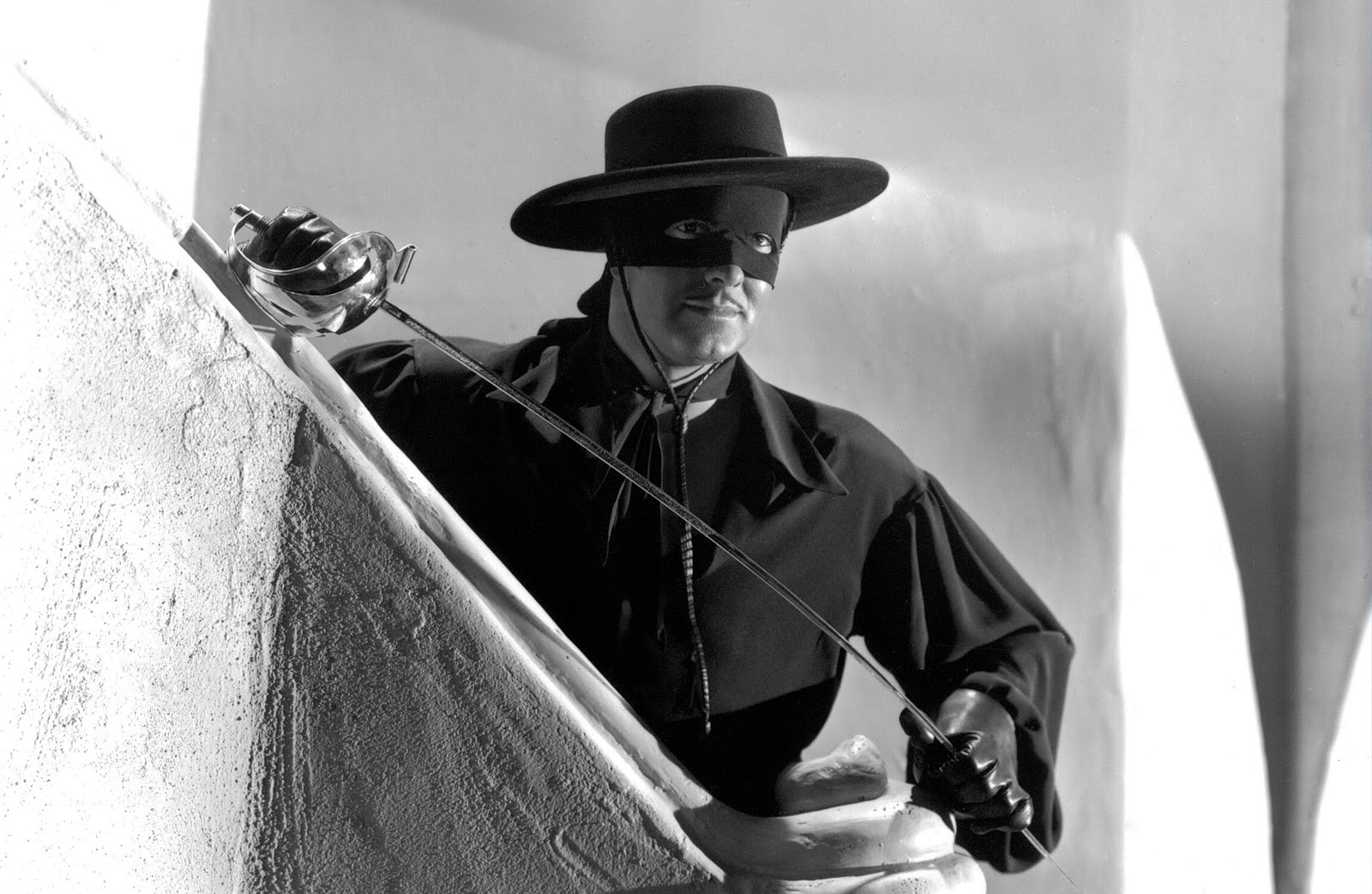Year: 1997
Director: David Lynch
Screenplay: David Lynch and Barry Gifford
Starring: Bill Pullman, Patricia Arquette, Balthazar Getty, Robert Blake, Natasha Gregson Wagner, Gary Busey, Robert Loggia
Running Time: 135 minutes
Genre: Thriller, drama, horror
Jazz saxophonist Fred Madison (Pullman) and his wife Renee (Arquette) are disturbed to receive a series of mysterious VHS tapes of their large Los Angeles house. Fred is convicted of Renee's murder, and sentenced to death. In his jail cell, Fred transforms into Pete Dayton (Getty), a mechanic who has seemingly no connection to Fred. The authorities release Pete, who comes under the influence of violent gangster Mister Eddy (Loggia), and finds himself drawn to Eddy's moll, Alice (Arquette again).
David Lynch saw in the 1990s on a critical and commercial high, with his cult TV series Twin Peaks (1989-1991, 2017) at the peak (no pun intended) of it's success, and his film Wild at Heart (1990) winning the Palme d'Or at the Cannes Film Festival. However, Twin Peaks came to an end and Wild at Heart received mixed reviews and underperformed at the US Box Office. Lynch's next film, Twin Peaks: Fire Walk With Me (1992), seemed like a guaranteed hit, however, the film, which leaned heavily into all the darkness, violence and weirdness that he was unable to put on mainstream TV in the early '90s baffled and dismayed both fans and critics, and was a commercial disappointment (except in Japan where it was a smash hit).
The five years between Fire Walk With Me and Lost Highway were the longest gap between film projects of Lynch's career to that date. Lynch's inspiration came from coming across the term "lost highway" in Barry Gifford's book Night People (1992), and also the O. J. Simpson murder case. Lynch, who knew Gifford after adapting his novel Wild at Heart, teamed up with the author to work on the film's screenplay. The film is a "2 A. M." movie. Whatever time of the day or night you put it on, it feels like it is two o'clock in the morning. That kind of night time delirium, where the world feels like it made of shadows and ghosts. Lost Highway does not offer up its secrets easily or willingly, working as it does with a kind of dream logic. Among the cast, Robert Blake, who would be accused of murder in 2001, although he was acquitted, is genuinely terrifying as the "Mystery Man", dressed in black, with slicked back, black hair, white makeup and black lips and eyes. Patricia Arquette appears as the mysterious woman in both Fred and Pete's lives (although as Renee she has dark hair, and as Alice she is blonde), who may in fact be the same person, or may not be. Gary Busey appears as Pete's dad, and Richard Pryor has a cameo as Pete's boss. Robert Loggia plays the seemingly affable but threatening gangster, in one of the film's standout scenes, he violently attacks a tailgating driver, yelling lessons on road safety while savagely pistol-whipping the man, in a scene that could have come from a Quentin Tarantino film. Lynch regular Jack Nance appears in a small role as Pete's coworker, however Nance died before the film was released, following injuries sustained in a brawl outside a donut shop.
The film's baffling narrative, surrealism and graphic sex and violence, put off many viewers and critics. However, it has its own beauty. Lynch is a master at using sound and visuals, and this is a film that benefits hugely from being seen with the best possible screen and sound system. Lynch started out as a painter, and the film has some beautifully composed shots, and a complex sound design, ranging from sinister low rumbling, and quiet whispering, to loud industrial rock from the likes of Marilyn Manson and the Nine Inch Nails. If some of Lynch's films are dreams wrapped in nightmares, this is like a nightmare in hell with dreams of heaven.
Patricia Arquette and Bill Pullman in Lost Highway


